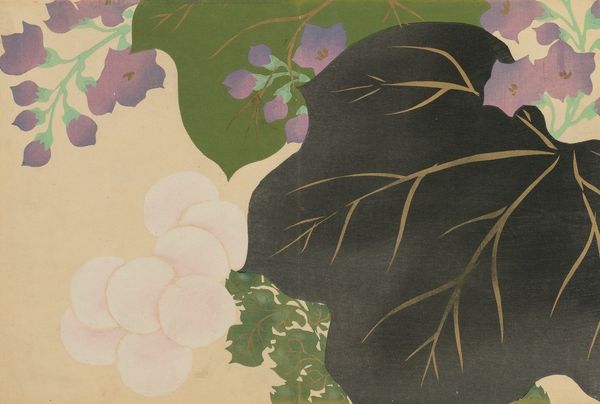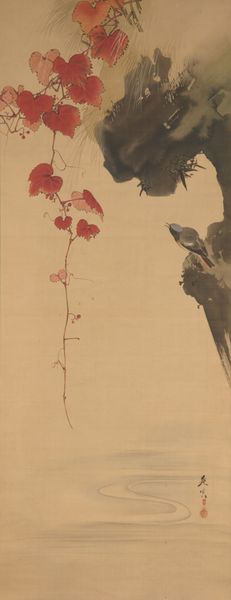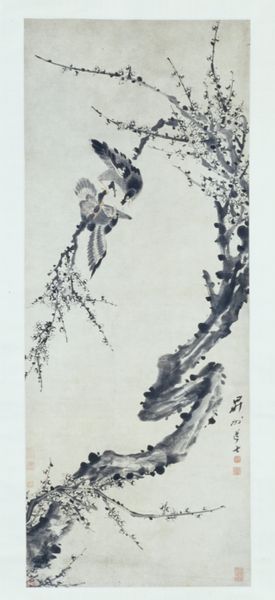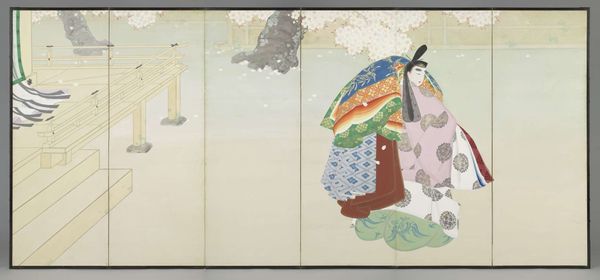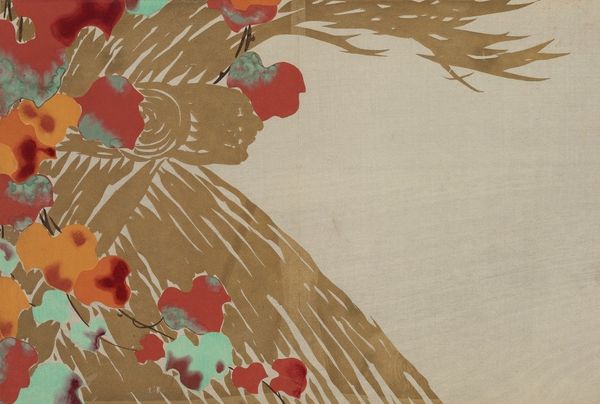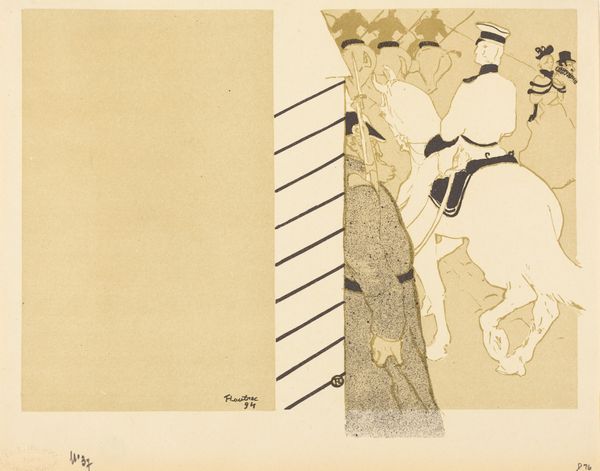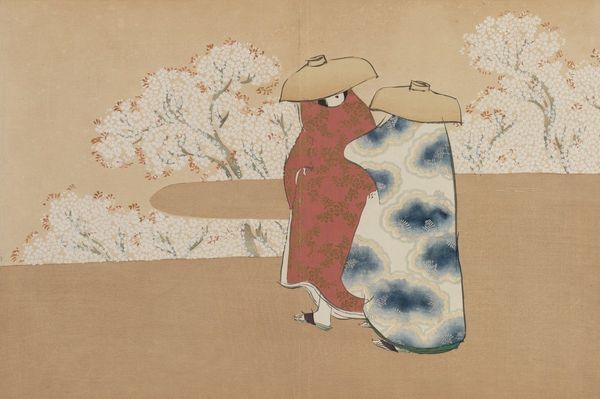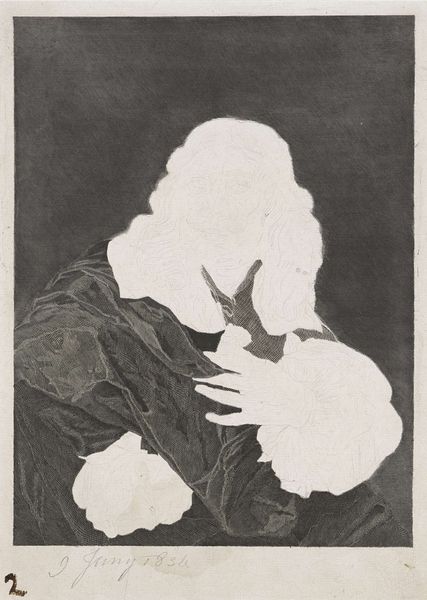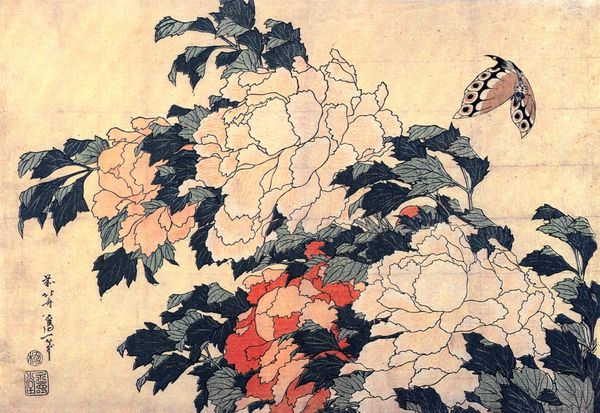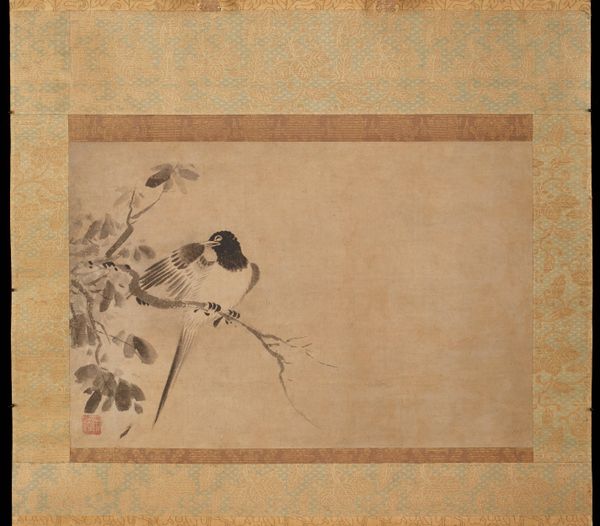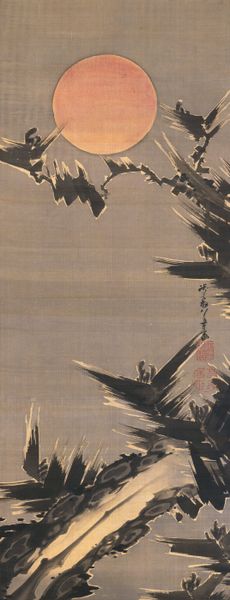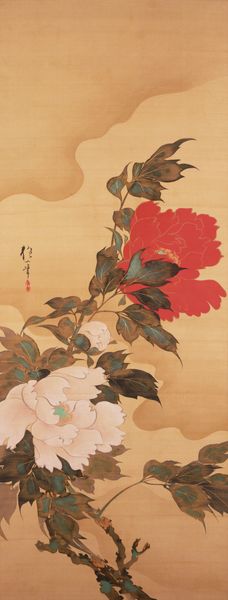
Copyright: Public domain
Pierre Bonnard’s frieze presents an enchanting world, where nannies and children gather, evoking a sense of bourgeois leisure through lithographic ink on paper. Above, the carriages parade like a symbolic procession, subtly alluding to status and societal structure. But let us focus on the hoop, the child’s toy, appearing like a halo or a wheel of fortune. Across epochs, similar circular forms recur—consider the Ouroboros, the snake eating its tail, symbolizing cyclical existence, or the wheel in Buddhist mandalas, representing the path to enlightenment. Here, the hoop embodies childhood innocence and freedom. Yet, it also hints at life’s cyclical nature and the ever-turning wheel of time. The emotional resonance is palpable; this frieze captures the ephemeral joy of childhood, juxtaposed with the structured expectations of adulthood, triggering a deep, subconscious connection to our own memories and experiences. Such cyclical symbols continue to echo through time, reminding us of the perennial dance between past and present, individual and society.
Comments
No comments
Be the first to comment and join the conversation on the ultimate creative platform.
